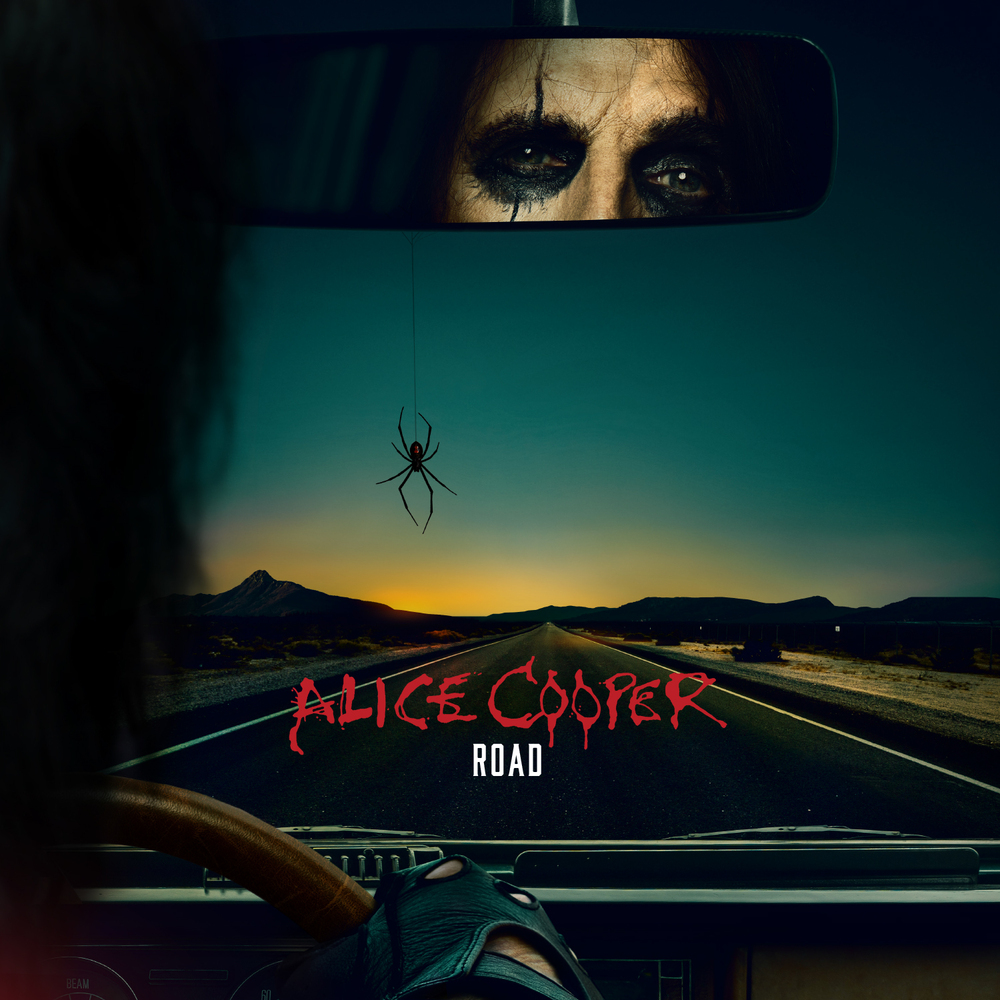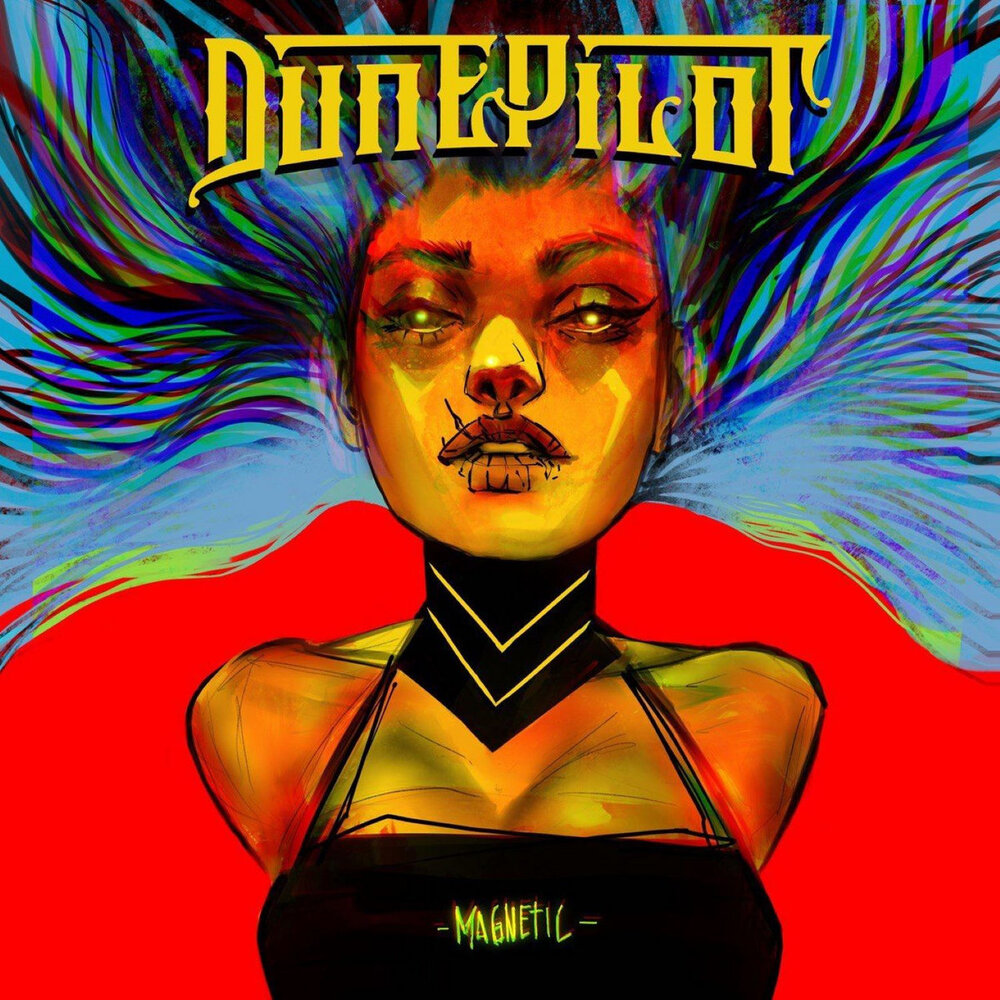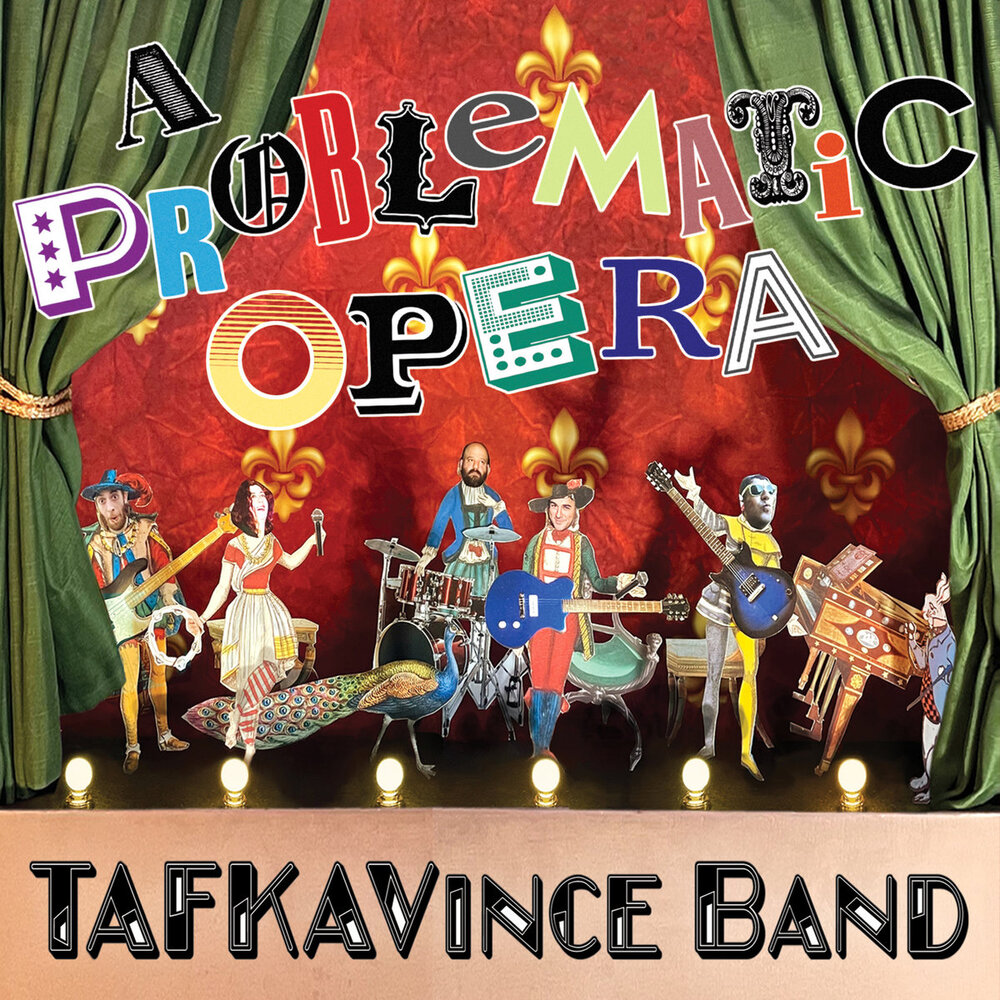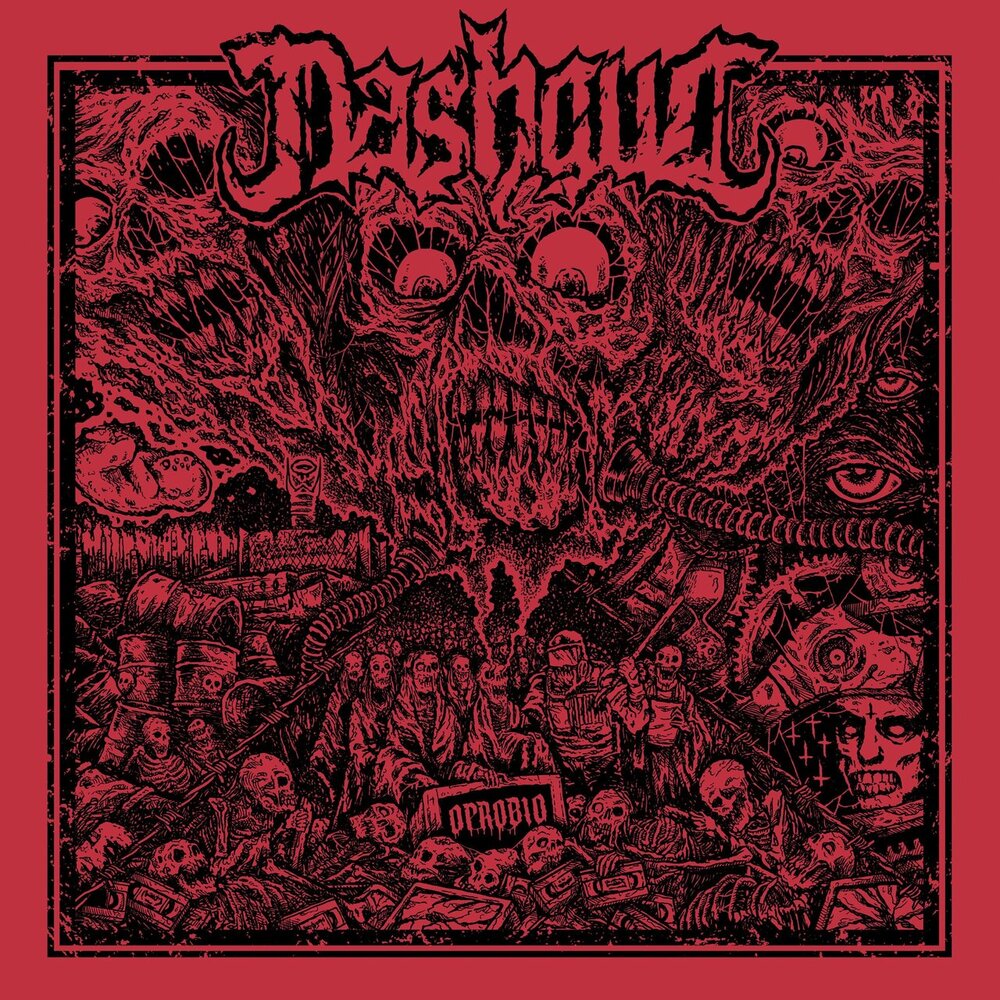 |
Country: USA
Style: Hard Rock
Rating: 8/10
Release Date: 25 Aug 2023
Sites: Facebook | Instagram | Metal Archives | Official Website | Twitter | Wikipedia | YouTube
You don't need to live here in Phoenix to know that Alice Cooper has been around forever. The first Alice Cooper album, back when that meant a band rather than its leader, was released a couple of years before I was born and I have ten grandkids now. Road is his twenty-second studio album as a solo artist and there were seven more before that as a band. I can't say that he's maintained the same standard throughout and there are definitely some duds in there, but he's on a prolific kick at the moment and his latest couple of albums are some of the best of his solo career.
Right now after a couple of listens, I'd suggest that this isn't quite as good as Detroit Stories, but I would say that it comes very close and that was his best album in decades. Part of that is because, unlike the last few recordings I've reviewed, the studio band here is his touring band, along with a few guests dotted here and there, and they apparently recorded it live in the studio without any overdubs. While that statement is usually worth taking with a pinch of salt, I can believe it on this album because it feels raw and urgent with tiny little imperfections that underline how good it all sounds.
What helps that all the more is that the songs are good ones, immediately and consistently. Sure, some of the lyrics and rhymes are routine, but the hooks never follow suit and the strong songs a lot of albums kick off with just keep on coming until we realise that they're not going to quit. Even an otherwise throwaway song like Go Away feels like worthy single material. There are thirteen of them too, only one of which is a cover, a raucous version of the Who's Magic Bus wrapping it all up, almost all of them co-written with long term producer Bob Ezrin, who knows good hooks when he sees them.
It's not a concept album but it does follow a consistent theme, which is life on the road. I'm Alice is all about Alice, of course, and it's neatly playful and exquisitely theatrical. Just in case you're new here, he's the master of madness and the sultan of surprise. Living up the latter, he even delivers a narrative section in an oddly English accent as if he's suddenly turned into Tim Curry. Now that's a gimmick that would sell on stage! The anthemic Welcome to the Show is also about Alice too and a sassy All Over the World is about his life on the road, at which point we can't fail to see the theme.
I don't doubt that every song here comes from reality, but some are delivered far more tongue in cheek than others. Go Away is about a stalker groupie. Big Boots is about a waitress who wants to be a stalker groupie, I guess, with double entendre lines like "What a pair!" referring to her boots and nothing else, honest, m'lud. There's a narrative section on Rules of the Road that's huge fun, short enough and perky enough that I don't think it's going to get old on further listens the way a lot of similar narrative sections quickly do. There's a clever 27 Club nod in this one too.
If there's another common factor, it's that there are a lot of guitars on this album. There are three guitarists in Alice's band nowadays—Ryan Roxie, Tommy Henriksen and Nita Strauss—plus guests on occasional songs, like Alice alumnus Kane Roberts on Dead Don't Dance and Tom Morello from Rage Against the Machine on The Big Goodbye. The guitar sound is deep rather than diverse, so it feels beefy for the most part, instead of intricate as three guitarists do different things all at the same time. It gets beefier still on Dead Don't Dance, with Roberts, and, for some reason, The Big Goodbye, which doesn't feature a guitar guest, with the bass amped up too.
I've talked about hooks already, but the riffs are consistently strong too, even if none of them are iconic in stature. One is familiar, because Road Rats Forever is effectively (We are) The Road Crew built on the riff to On the Road Again. There's a heavy slide guitar on Go Away, a firm garage rock groove on Big Boots and a George Harrison-esque psychedelia on 100 More Miles There's even an overtly Stevie Ray Vaughn style delivery on Magic Bus. Alice has suggested that all his albums are guitar albums, but some are definitely more guitar-centric than others and this one, because of the number of guitarists and the live in the studio recording approach, is one of them for sure.
And, talking of live in the studio, when was the last time you heard a drum solo on a studio album? Glen Sobel delivers one to wrap up Magic Bus and thus the album, eventually accompanied by the cheers of what's probably everyone who was in the building at the time. After all, they were all in fine voice after singing backing vocals on that song.
I may well listen to this some more, but it was always a strong 7/10 from me and gradually shifted up to an 8/10. Alice is on top form right now and he's surrounding himself with all the right people to make some of the best albums of his career, however long he's been doing this.


















